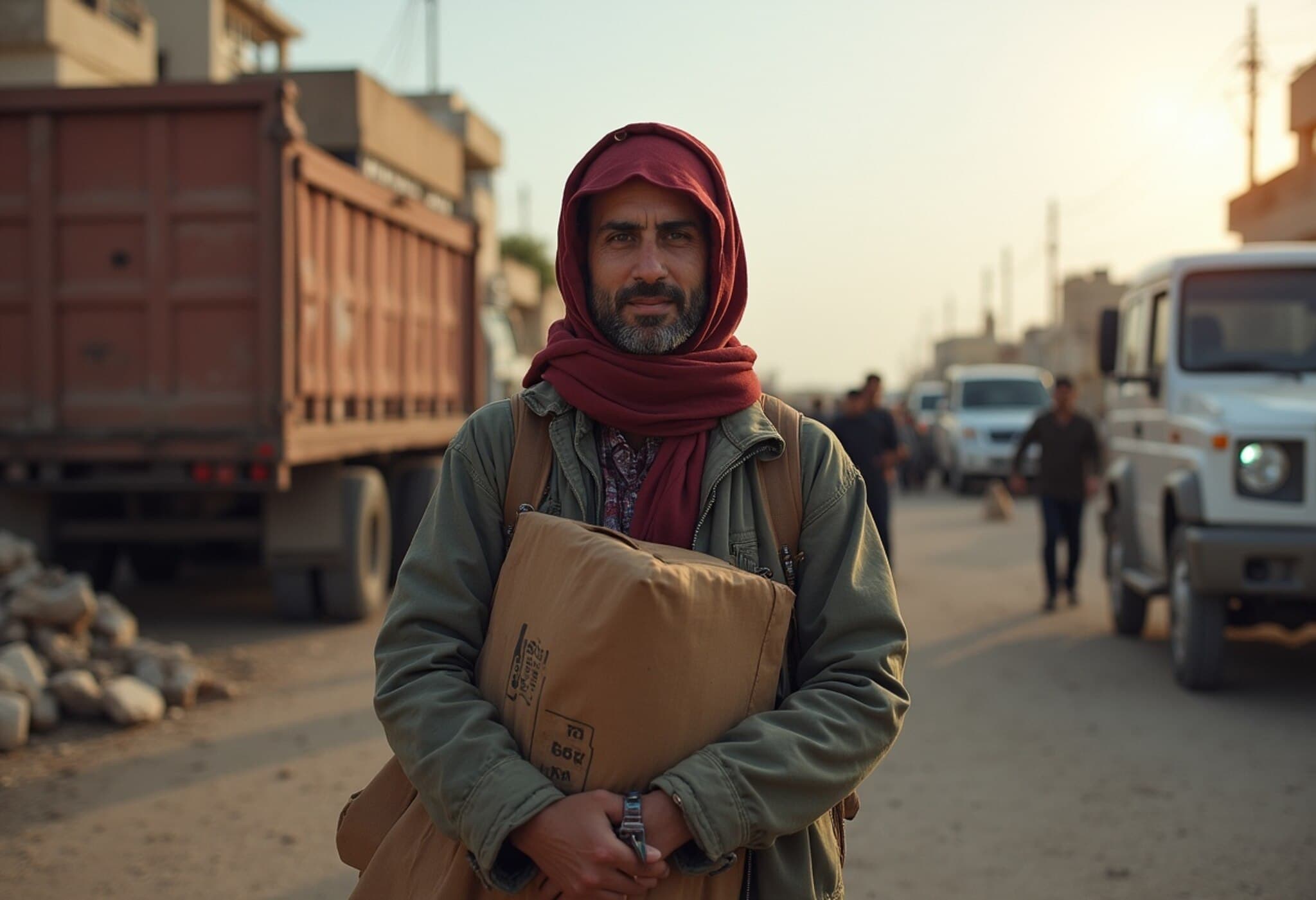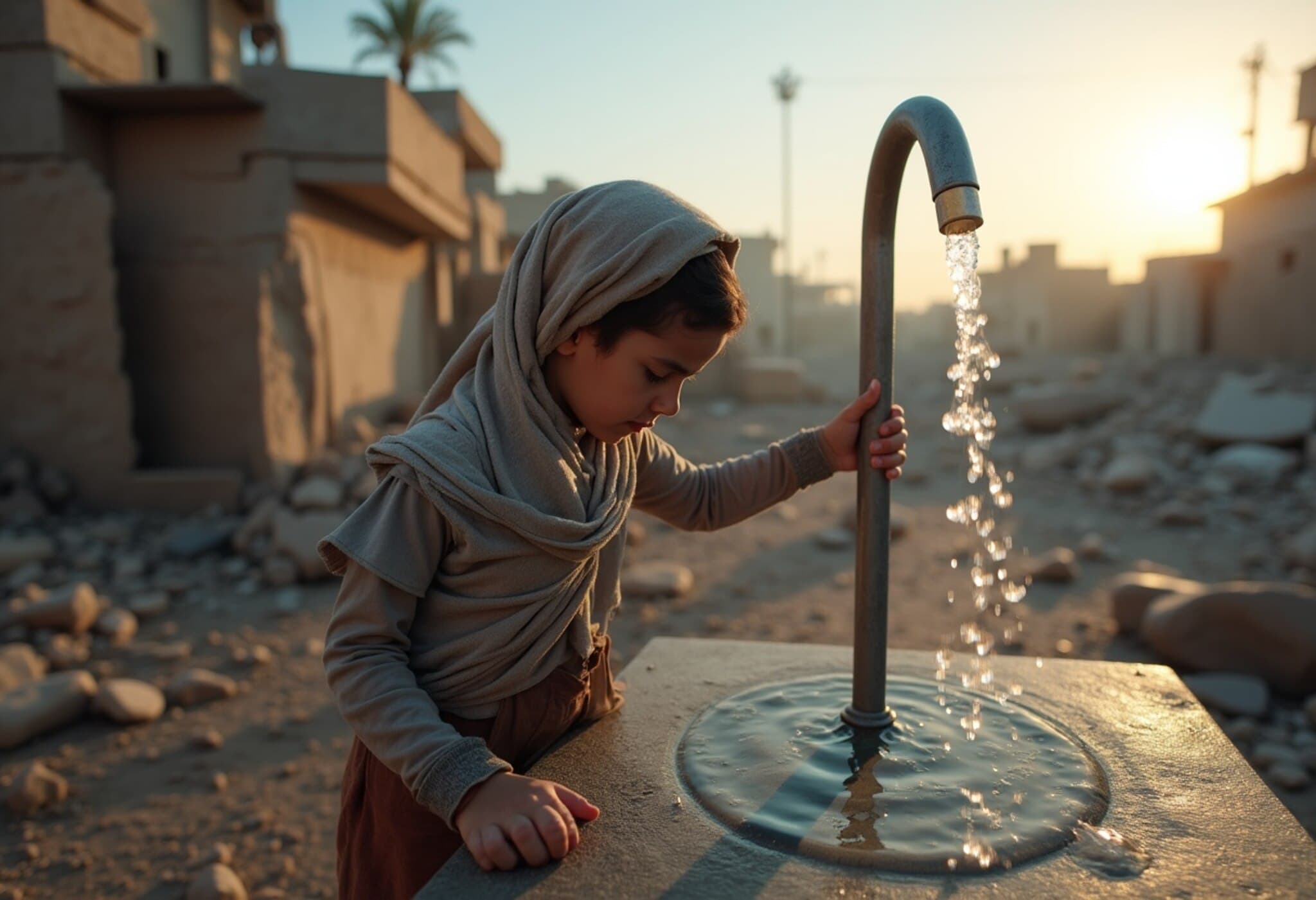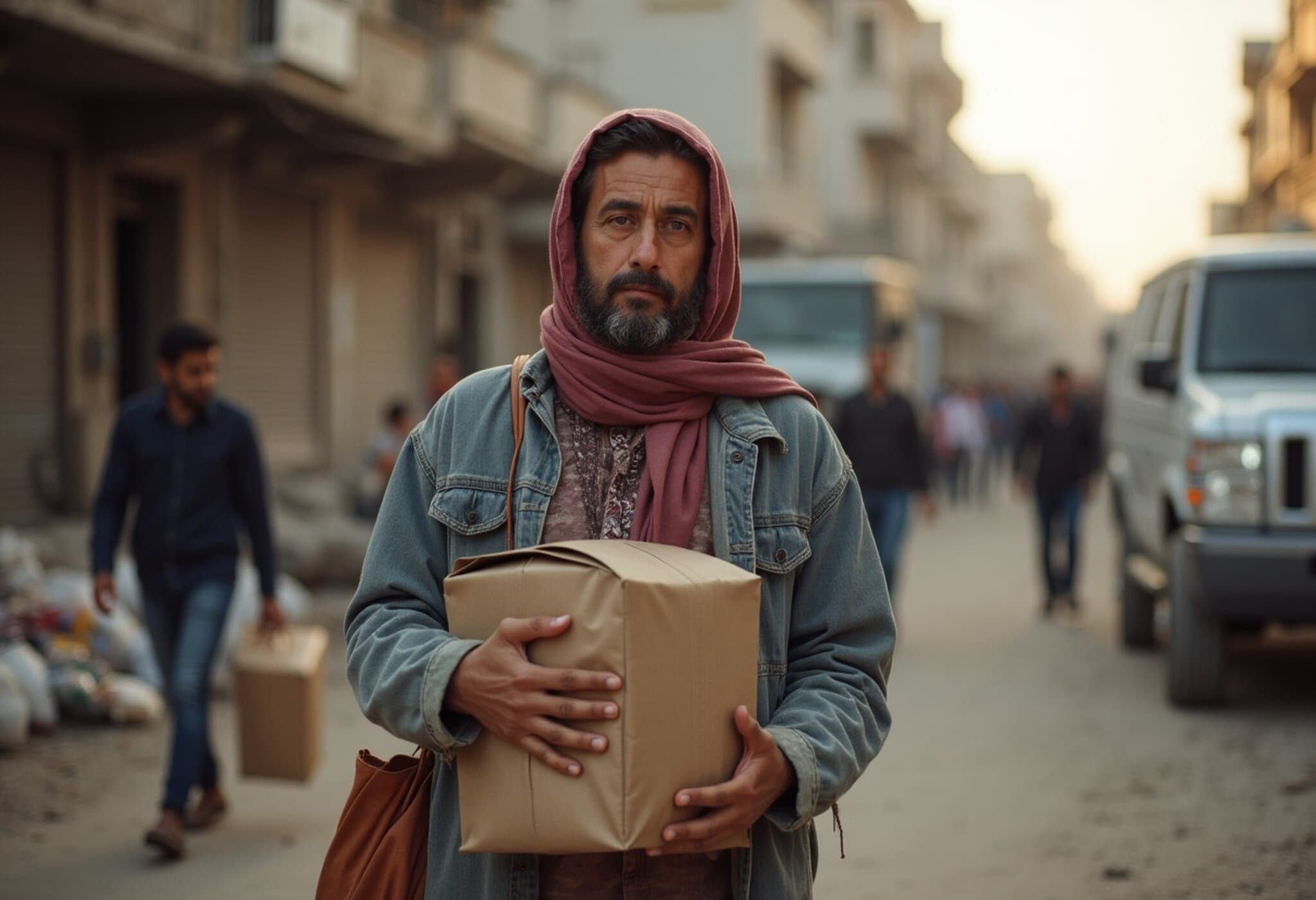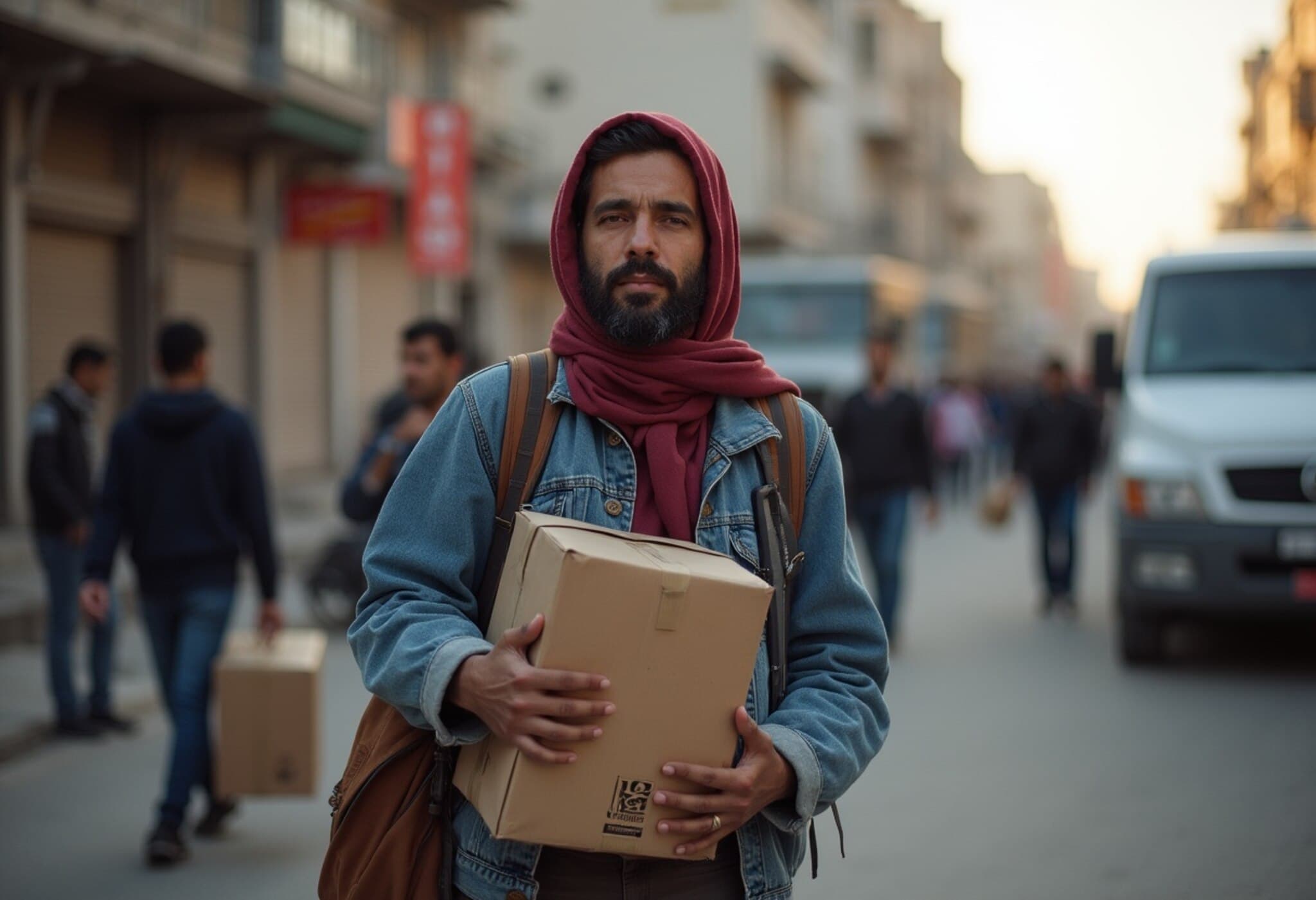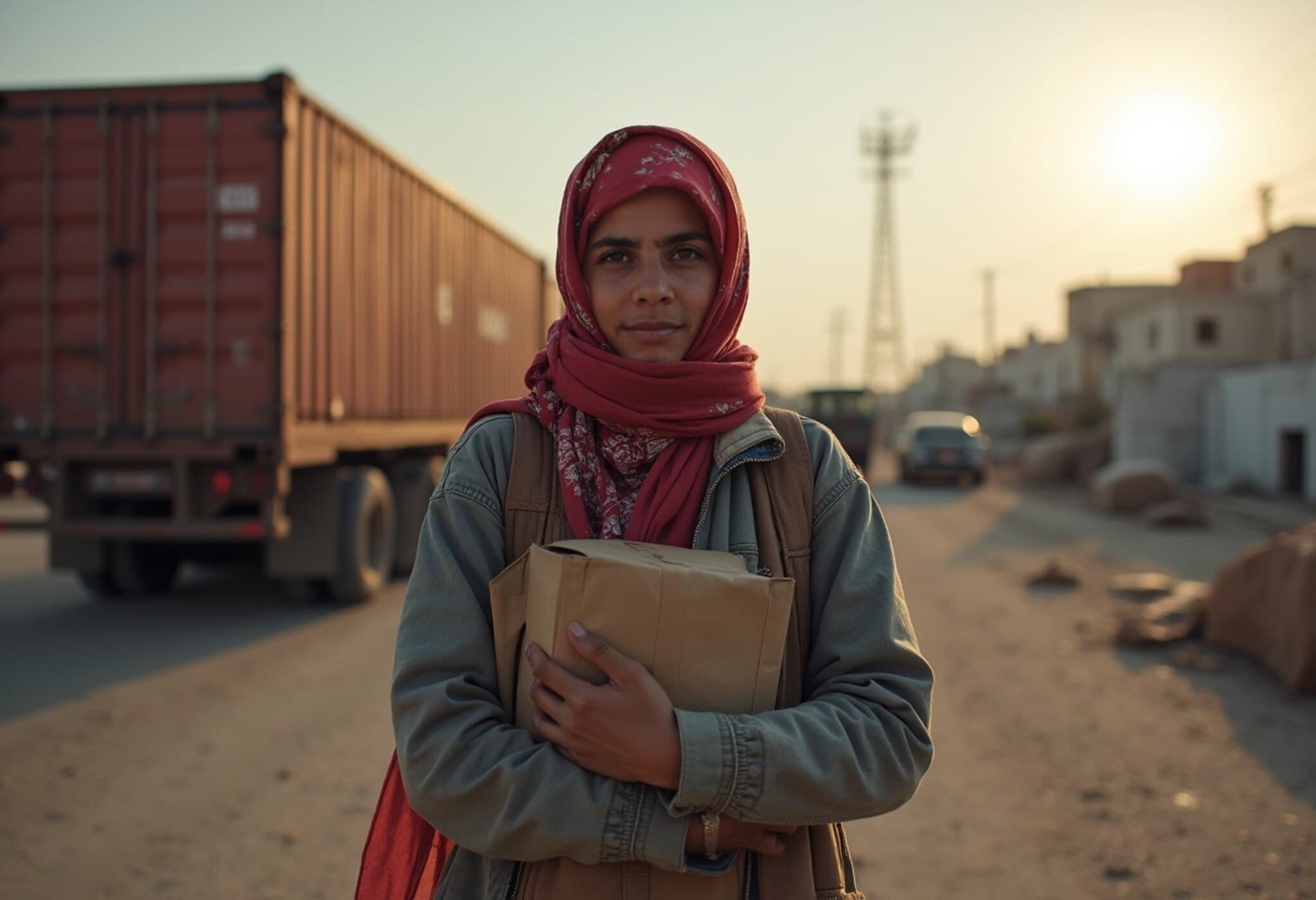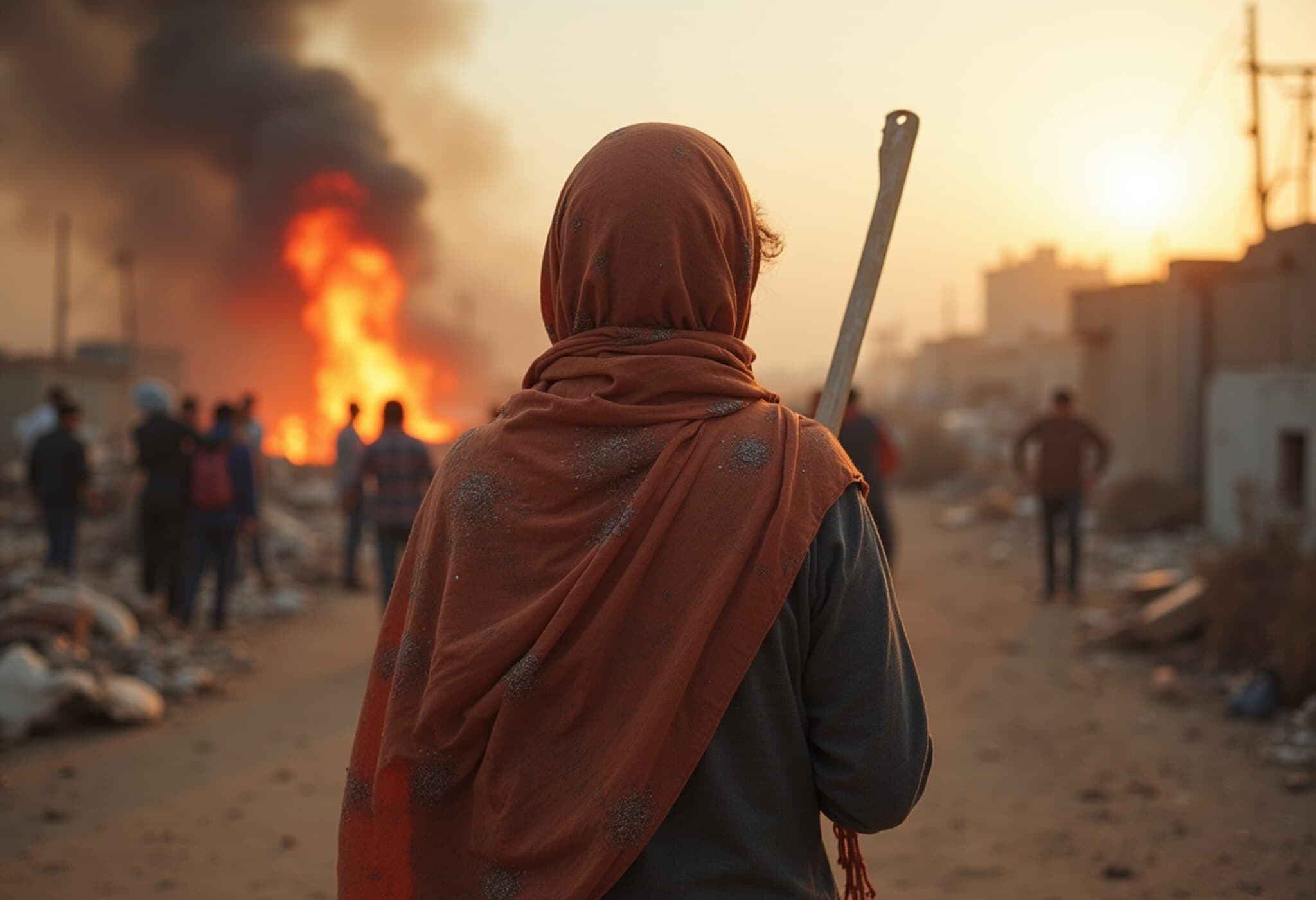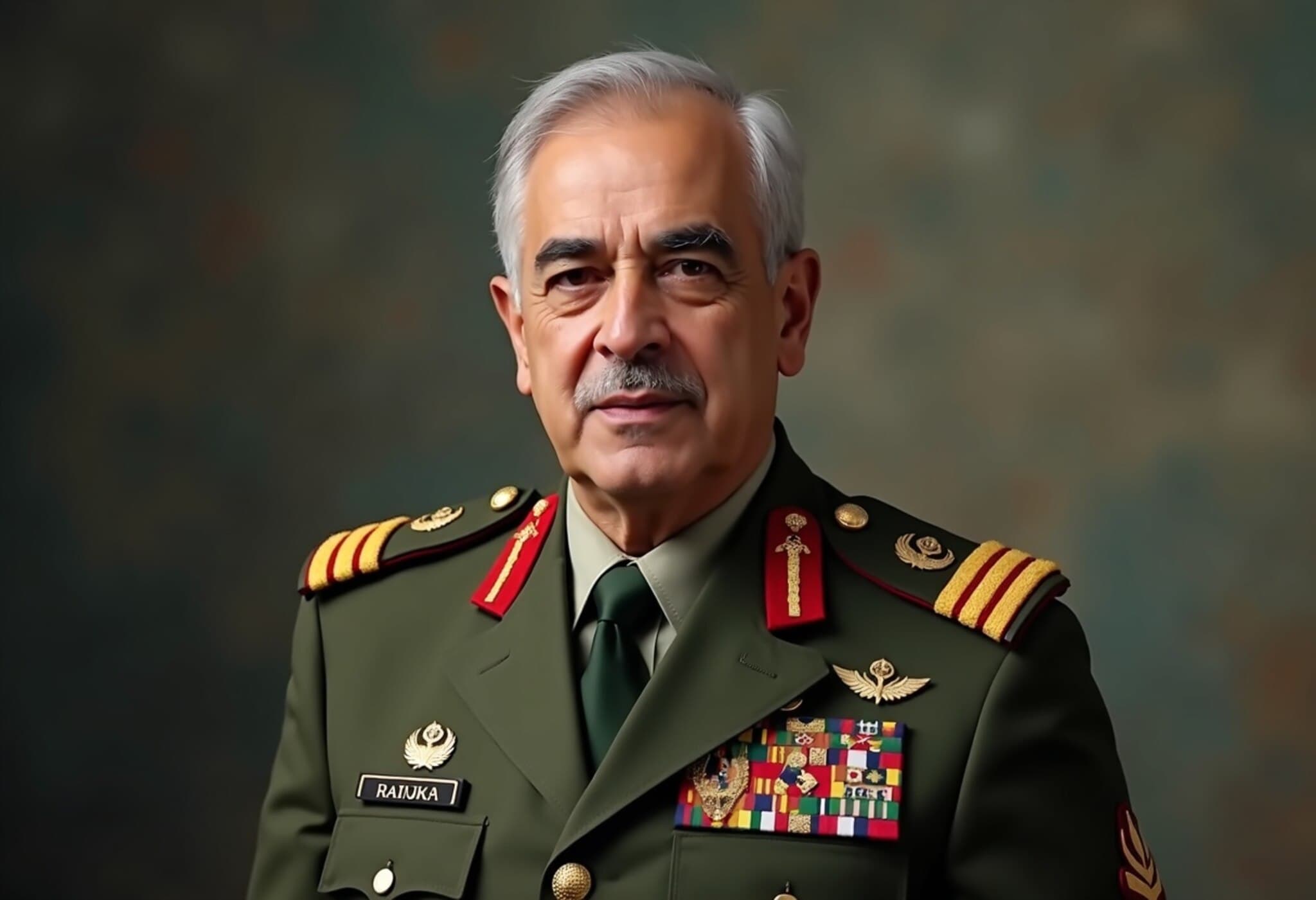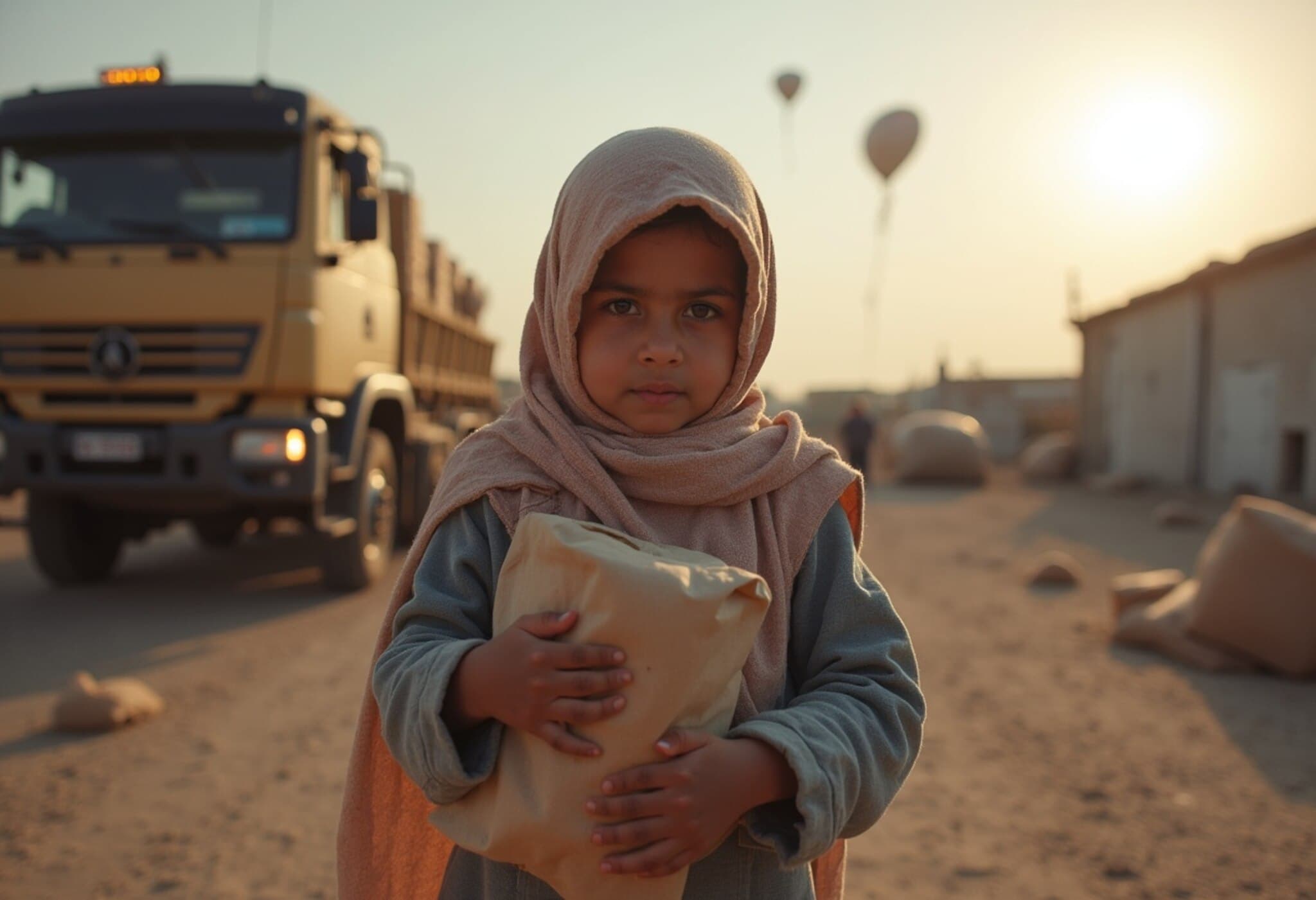Gaza's Humanitarian Crisis Deepens as Aid Air Drops Resume
In the midst of an escalating humanitarian emergency in Gaza, the Israeli military announced on July 26, 2025, the resumption of aid air drops over the besieged territory. This move comes after intense international pressure to alleviate the severe blockade that has left millions on the brink of starvation. However, this gesture has been met with widespread criticism from aid organizations, calling the air drops a “grotesque distraction” that falls dramatically short of meeting Gaza’s urgent needs.
Ceasefire Talks Collapse, No Immediate Truce in Sight
The announcement followed the breakdown of fragile ceasefire negotiations between Israel and the Hamas militant group in Doha, Qatar. With no truce forthcoming, the humanitarian situation continues to deteriorate rapidly, prompting global actors to seek immediate solutions to stem the mounting suffering.
International Response: Aid Air Drops vs. Ground Access
Prominent world leaders and humanitarian officials are voicing growing concern over the method and scale of aid delivery to Gaza. British Prime Minister Keir Starmer publicly endorsed air drops as a temporary measure while emphasizing the urgency of opening land corridors for sustained aid. On X (formerly Twitter), Starmer stated, "Israel must allow aid in over land to end the starvation unfolding in Gaza. The situation is desperate. We are working with Jordan to get aid into Gaza." His government is also accelerating efforts to evacuate critically ill children in need of medical treatment to the United Kingdom.
- UAE and Jordan are reportedly preparing to conduct their own aid air drops in the coming days as part of a broader emergency response.
- UNRWA (United Nations Relief and Works Agency) highlighted that they have sufficient aid stockpiled—equivalent to about 6,000 truckloads—ready to be transported via land routes pending Israeli military approval.
Aid Agencies Warn Air Drops Won't Solve Crisis
Humanitarian organizations caution that while air drops are visible, they are by no means a long-term solution. Ciarán Donnelly of the International Rescue Committee emphasized to the BBC that “aid drops could never deliver the volume or the quality of aid needed.” The nature of air drops makes them inefficient and, in some cases, potentially dangerous if supplies fall into the wrong hands or miss their intended recipients.
Philippe Lazzarini, UNRWA’s commissioner-general for Palestine refugees, added to the criticism by calling the air drops “expensive, inefficient, and can even kill starving civilians” when misdirected.
Tragic Toll of Starvation as Deaths Mount
The urgency of the humanitarian situation is underscored by recent reports from the Gaza health ministry indicating that five more individuals have died from malnutrition as of Saturday, bringing the death toll from starvation to 127—including 85 children—since the conflict began. The blockade's devastating impact on food security and medical supplies remains a dire concern.
Challenges in Aid Delivery and Political Barriers
Israel maintains that there are no restrictions on humanitarian aid entering Gaza; however, critics argue that the blockade's practical effect is an almost complete halt to essential supplies. The complex interplay between military security concerns and humanitarian obligations continues to complicate efforts to relieve civilian suffering.
The involvement of regional partners such as Jordan and the UAE in aid efforts reflects a shared recognition of the conflict's human cost and a desire to mitigate the crisis outside of direct military involvement.
Expert Analysis: Why Air Drops Are Not Enough
From a policy perspective, air drops are sometimes utilized during conflict to deliver urgent relief when ground access is impossible. However, experts warn that air drops often fail to meet the volume necessary for a densely populated area like Gaza, where millions rely on consistent, reliable supplies of food, water, and medical aid.
Beyond logistics, air drops pose security risks; supplies scattered across populated areas can become targets for diversion by armed groups, and the unpredictability of parachuted aid can endanger civilians below.
Furthermore, long-term resolution requires opening humanitarian corridors that can support sustained delivery rather than piecemeal air-dropped parcels.
The Legal and Moral Imperative
International law underscores the obligation of occupying powers and conflicting parties to ensure unhindered access to humanitarian relief. The ongoing blockade and restricted border crossings raise profound ethical and legal questions about the collective responsibility to protect civilians.
Amid the horrific toll on children and families, the question remains: will the international community push more forcefully for tangible access to Gaza, or continue settling for symbolic but inadequate stopgap measures?
Looking Ahead
As the crisis unfolds, it is clear that effective humanitarian intervention hinges on cooperation between all parties and the prioritization of civilian needs above political or military objectives. The coming days will test whether diplomatic efforts can break the deadlock, and whether aid can flow into Gaza with the scale and reliability desperately needed.



